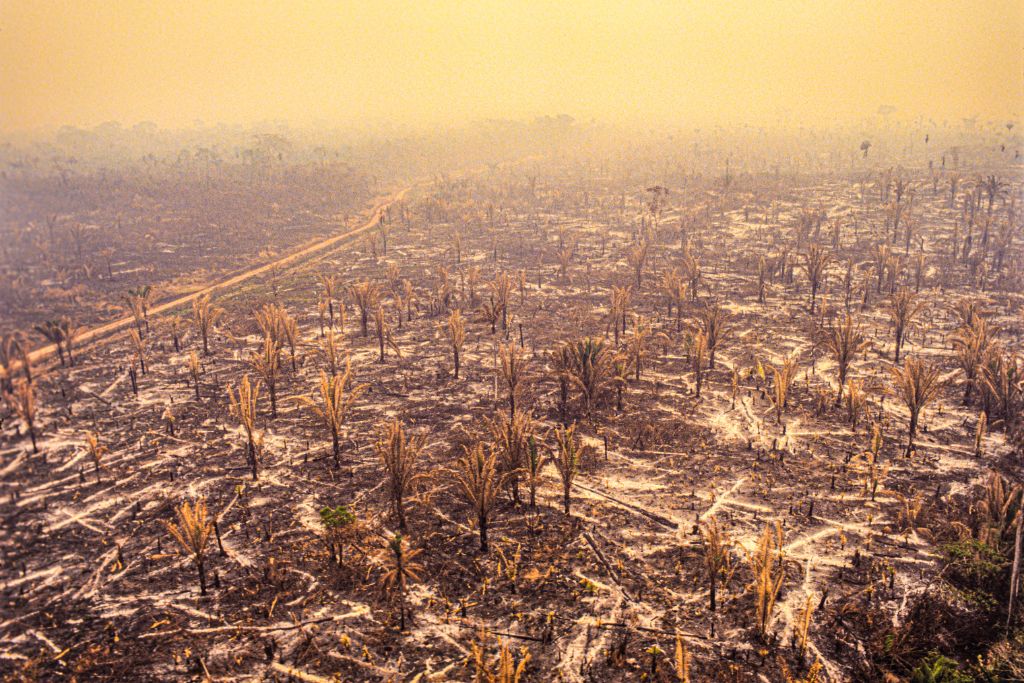A new analysis warns that catastrophic consequences of global warming outcomes – including human extinction – are still widely unexplored by scientists.
—
An analysis published on Monday in the journal Proceedings of the National Academy of Sciences argues that the consequences of global warming beyond 3C have been underexamined. However, while it is difficult to predict future emission patterns, the chance of a “climate endgame” occurring in the future should not be completely ruled out.
“There are ample reasons to suspect that climate change could result in a global catastrophe” – the scientists argue. But one thing is for sure: the scale of this catastrophe will lean towards the worst-case scenario unless we reverse emission trends immediately. To put it in other words: if we fail to cut emissions quickly enough, climate change will likely result in global societal collapse or human extinction.
The authors expressed major concerns about how little we still know about these risks, which they say are still “dangerously unexplored” by climate scientists. “Facing a future of accelerating climate change while blind to worst-case scenarios is naive risk management at best and fatally foolish at worst,” they argue.
The best thing we can do right now is to start analysing “the mechanisms for these extreme consequences” in a bid to “help galvanise action, improve resilience, and inform policy, including emergency responses”.
Experts are particularly concerned about tipping points, a concept introduced by the Intergovernmental Panel on Climate Change (IPCC) almost 20 years ago. These refer to the fact that even small changes in global temperatures can have catastrophic consequences. While it was initially thought that they could only be reached if we exceeded a 5C rise over pre-industrial levels, recent studies suggest that some tipping thresholds could be crossed with as little as 1 to 2C of warming.
A notable example of this is the Amazon rainforest, which is closer than ever to reaching its tipping point. If this happens, the world’s largest carbon sink would lose its ability to recover from destruction caused by droughts, wildfires, and deforestation.
The current trend of greenhouse gas emissions would result in a rise of 2.1-3.9C by 2100. However, if nations worldwide fully execute their climate pledges, they could help contain the rise without the 1.7-2.6C range.
But while numerous scientists studied the impacts of lower temperature scenarios for years, still not enough is known about the more extreme outcomes of climate change. “I think it’s sane risk management to think about the plausible worst-case scenarios and we do it when it comes to every other situation” – said lead author Dr. Luke Kemp from the University of Cambridge. “We should definitely do when it comes to the fate of the planet and species.”
You might also like: IPCC Climate Report Warns ‘It’s Now or Never’ to Limit Global Warming As 1.5C Becomes More Out of Reach


















